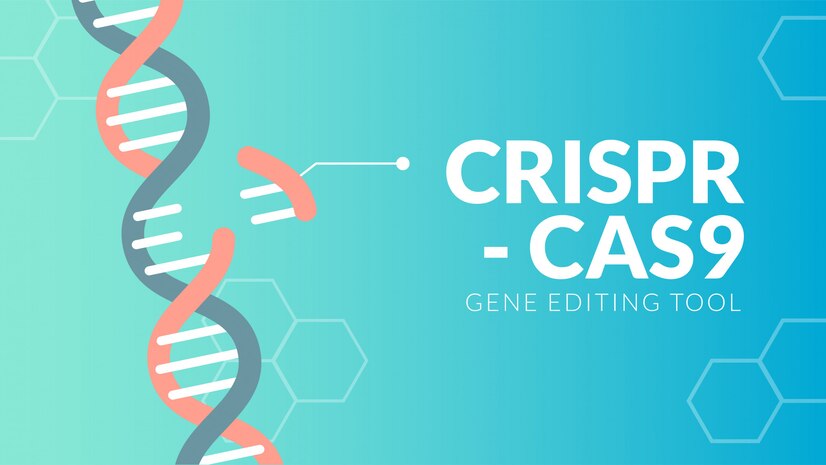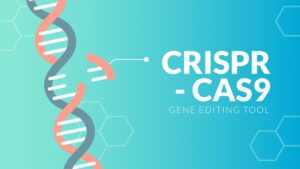Biotechnology, the application of biological systems and organisms to develop products and technologies, transforms the landscape of science and medicine. From agriculture to pharmaceuticals, this interdisciplinary field drives innovations that once seemed the realm of science fiction. Among the most groundbreaking advances in recent years, CRISPR-Cas9 stands out as a powerful tool for gene editing with the potential to revolutionize healthcare and beyond.
Understanding CRISPR-Cas9
At the heart of recent biotechnological breakthroughs lies CRISPR-Cas9, a sophisticated yet straightforward method for editing genes. CRISPR, short for Clustered Regularly Interspaced Short Palindromic Repeats, along with the associated protein Cas9, enables precise alterations in the DNA of living organisms. Initially, bacteria used CRISPR-Cas9 as a defense mechanism against viruses, but scientists adapted it for use in a wide range of applications, from curing genetic diseases to enhancing crop yields.
Transforming Medicine
One of the most promising areas of CRISPR-Cas9 research is medicine. By targeting specific genetic mutations, scientists correct the root causes of many diseases. For example, CRISPR shows potential in treating genetic disorders such as cystic fibrosis, sickle cell anaemia, and muscular dystrophy. Moreover, researchers explore its use in combating cancer by editing the genes of immune cells to enhance their ability to target and destroy cancerous cells. These advances suggest a future where many currently incurable diseases become treatable or even eradicated.
Agricultural Innovations
Beyond human health, CRISPR-Cas9 makes waves in agriculture. Traditional breeding techniques can be time-consuming and imprecise, but gene editing offers a more efficient and accurate alternative. Scientists use CRISPR to develop crops that resist pests and diseases, withstand harsh environmental conditions, and have improved nutritional profiles. For instance, researchers created rice varieties that resist bacterial blight, a significant threat to rice production worldwide. Similarly, gene-edited tomatoes and potatoes with longer shelf lives reduce food waste and increase food security.
Ethical Considerations and Challenges
Despite its potential, CRISPR-Cas9 technology raises significant ethical and safety concerns. The prospect of editing human embryos sparks intense debate about the moral implications and potential long-term effects. Additionally, the risk of off-target effects, where unintended genetic modifications occur, poses a challenge to ensuring the safety and efficacy of CRISPR-based treatments. As a result, rigorous regulatory frameworks and ethical guidelines play a crucial role in navigating the complex landscape of gene editing.
The Future of Biotechnology
The future of biotechnology and CRISPR-Cas9 shines brightly, with possibilities limited only by our imagination. Ongoing research aims to refine the precision and efficiency of gene editing, making it a more reliable tool for various applications. Collaborative efforts between scientists, policymakers, and ethicists will prove crucial in harnessing the full potential of this technology while addressing the associated risks.
Conclusion
In conclusion, biotechnology and CRISPR-Cas9 promises to reshape our world in profound ways. By revolutionizing medicine with potential cures for genetic diseases and enhancing agricultural productivity and sustainability, the impact of these innovations cannot be overstated. However, with great power comes great responsibility, and we must proceed with caution, ensuring ethical considerations and safety measures take precedence in this scientific revolution. As we continue to explore and harness the capabilities of biotechnology, we stand on the brink of a new era, where the impossible becomes possible and the future of humanity is rewritten by the code of life itself.

